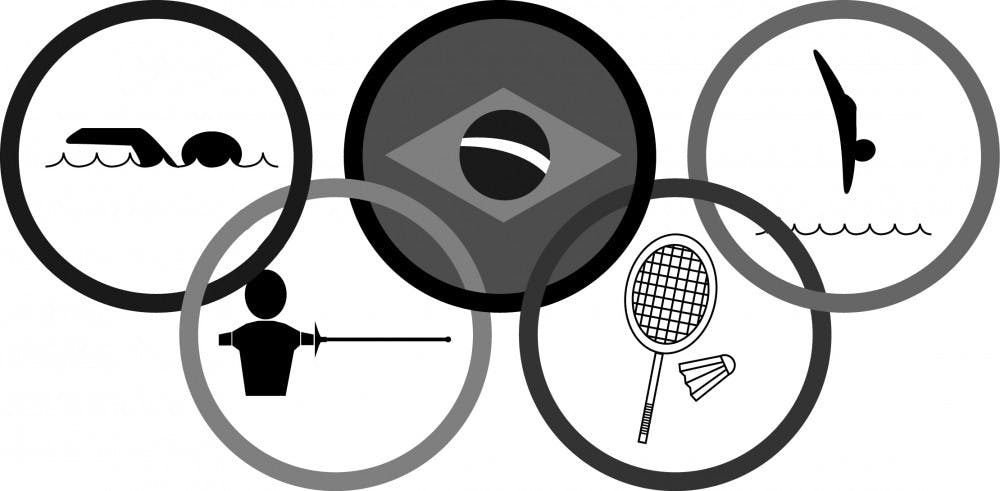By Wilson Alexander | Contributor
One of the many iconic moments of the 2016 Summer Games was American swimmer Lilly King wagging her finger at Russian Yulia Efimova and then calling her out in the media for using performance-enhancing drugs. King would go on to win their showdown in the 100m breaststroke, but the incident was emblematic of the broader sporting community's frustration with the suspected Russian state-sponsored doping program.
The World Anti-Doping Agency (WADA) has accused Russian officials of developing a process designed to prevent positive tests by athletes taking banned substances. Between 2011 and 2015, those officials went to great lengths to hide the evidence of positive tests for athletes in over 25 sports in both the Summer and Winter Olympics. Grigory Rodchenkov, one of the directors of the anti-doping lab for the 2014 Sochi Games, described this process to The New York Times. He asserted that urine samples containing traces of performance-enhancing drugs were swapped out with clean samples under the cover of night. In November 2015, the International Association of Athletic Federations banned the country from Olympic competition. Shortly before the opening ceremonies in Rio, the International Olympic Committee (I.O.C.) decided to ban 188 of the 389 members of Russia's team, but this punishment fell short of the World Anti-Doping Agency's call for a ban on all Russian athletes. Russian authorities have dismissed the charges as made-up.
Whether or not the Russian team got the punishment it deserved, its actions threaten the integrity of the Olympic Games. The Olympics are one of the few truly international events where people from all over the world can come together and peacefully coexist. However, the international nature of the Games sometimes allows countries to use them as a way to increase their standing on the world stage and exercise soft power. This was certainly true of the United States and the Soviet Union during the Cold War, and it is most likely what is behind the Russians' seeming "win-at-all-costs" mentality today.
Russia, whose international reputation has taken a hit recently because of its intervention in Ukraine and annexation of Crimea, is no doubt trying to use the Olympics to clean up its image and flex its muscles. This willingness to use any means necessary to showcase its strength to the rest of the world has revealed the dark side of that endeavor.
The Olympic Games and other international sporting events are very important for today's global community. They provide snapshots of unity in a world often fractured by conflict and disagreement, and they must not devolve into spectacles where various international strong men out-cheat each other to win medals. The I.O.C. is absolutely essential to keep power mongering from corrupting the Olympic platform, and it will need to find more forceful ways to keep countries from breaking the rules and harsher punishments if they are caught. Only time will tell if the backlash against Russia is enough to force it and other nations to compete clean or if this will just cause them to redouble their efforts to avoid getting caught.





